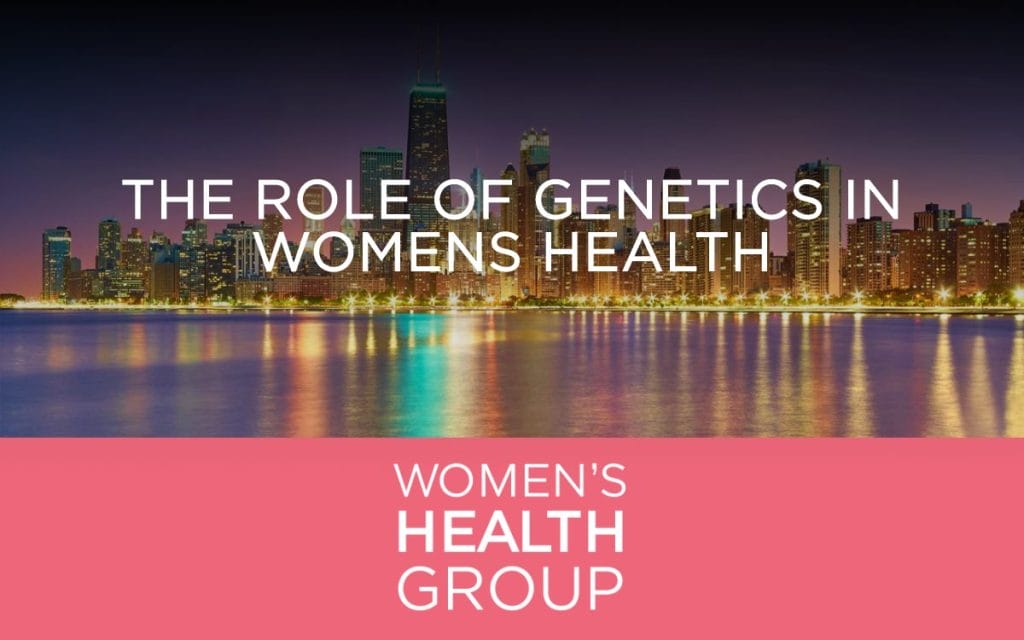Understanding the Role of Genetics in Women’s Health
Genetics plays an extremely significant role in determining a woman’s health and overall well-being. The genes we inherit from our parents not only decide our physical attributes like height, hair color, and eye color but also influence our predispositions towards certain health issues such as breast cancer, ovarian cancer, and other gynecological conditions. Deciphering the intricate dynamics of genetics aids in understanding the susceptibility of women to different health conditions, paving the way for early detection and efficient treatment strategies.
The Vitality of Genetic Counseling in Women’s Health
An often-underestimated tool in women’s healthcare – Genetic Counseling – plays a pivotal role in addressing the concerns related to genetic disorders. It involves evaluating family history and medical records to assess the risk of potential genetic disorders. Genetic counselors provide information, resources, and support for individuals and families at risk for, or diagnosed with a genetic condition.
In the complex landscape of women’s health, genetic counseling aids in:
– Educating about the potential genetic risks
– Providing emotional support to process complex genetic information
– Simplifying decision-making regarding genetic testing, monitoring, and treatment
– Supporting women in managing the emotional and psychological impact of a genetic disorder.
Genetic Counseling and Pregnancy
Genetic counseling plays an instrumental role during pregnancy as well. It is particularly beneficial for women who are pregnant or planning to become pregnant at an older age, those with a personal or family history of genetic disorders, or those who have previously had a child with a birth defect.
Genetic counselors help expecting mothers understand and make informed decisions about prenatal screening and diagnostic tests. They can offer guidance on potential implications and management options for any identified genetic risks.
Genetics and Cancer Risk
Genetics also plays a substantial role in the risk of developing various types of cancers that affect women. For instance, mutations in the BRCA1 and BRCA2 genes increase the risk of breast and ovarian cancer. A detailed understanding of a woman’s genetic makeup and family history can play a crucial role in identifying increased risk and facilitating early interventions.
In such situations, genetic counseling can be particularly useful. Genetic counselors can evaluate a woman’s risk for cancer based on her personal and family history, discuss the pros and cons of genetic testing, interpret the test results and guide the woman through follow-up steps.
Apart from diagnosing genetic disorders
Besides diagnosing genetic disorders, genetics can similarly offer fascinating insights into other health issues impacting women, such as endometriosis and polycystic ovary syndrome (PCOS). Several genes are suspected to play a vital role in these conditions, and research is underway to identify these genes and to develop more effective diagnosis and treatment strategies.
In this regard, genetic counseling remains a valuable tool in dealing with such disorders, providing women an understanding of their genetic risks, and guiding them in making informed decisions about their health.
The Future of Genetics in Women’s Healthcare
As advancements in genetic research continue to gather momentum, the future of women’s health looks promising. These advancements are paving the path towards more personalized and effective healthcare for women. Genetic counseling, as a part of this, is set to play an increasingly significant role.
By integrating genetic information into the healthcare system, it is possible to identify, prevent, and treat diseases more effectively. Genetic counseling — a vital part of personalized, genetic-based medicine — can pave the way for improved health outcomes through early detection, prevention, and tailored treatment strategies.
Summary
In conclusion, the role of genetics is immense in shaping women’s health. Genetic counseling, in this context, can play a crucial role in mitigating the risks associated with genetic diseases. It provides essential insights into a woman’s genetic predispositions, leading to early identification and treatment for a variety of health conditions. As genetics continues to revolutionize personal healthcare, genetic counseling will likely become even more critical.
For further insights, please visit WomensHealth.gov or MayoClinic.org for a deeper understanding of genetic counseling and its imperative role in women’s health.




